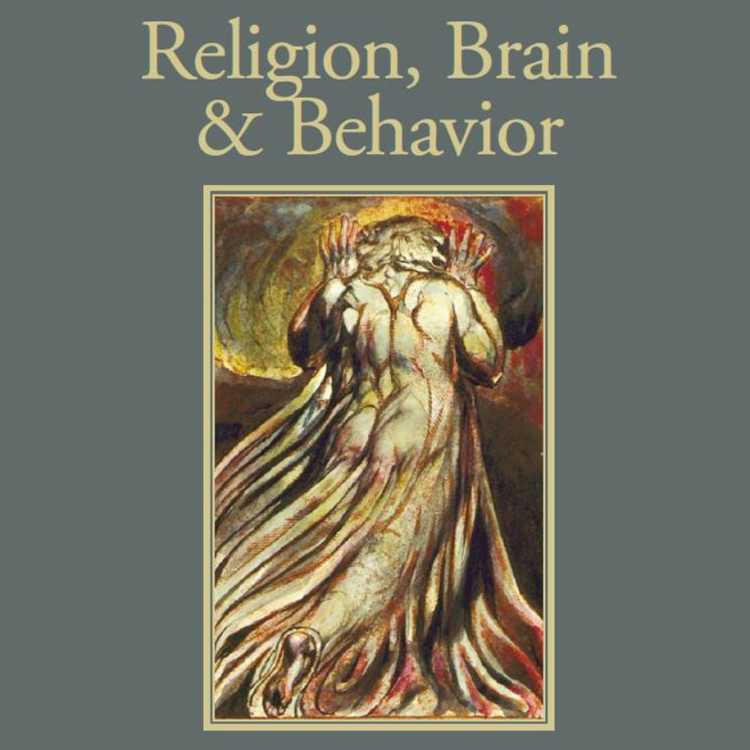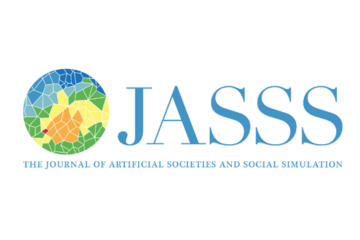Founding Director Patrick McNamara, Doctoral Fellow Kendra Holt Moore, Collaborating Specialist Yianis Papelis, Director Siakou Diallo, and Executive Director Wesley J. Wildman
Dreaming, Vol 28(3)
September 2018
Abstract: We pilot tested the efficacy of a virtual reality-based imagery rehearsal and rescripting treatment (ReScript) for nightmares. Nineteen community volunteers (Mage = 49 years) who varied in terms of their nightmare distress levels participated in a 4-week-long trial of ReScript therapy. Participants used VR manual controls in an Oculus headset to manipulate 3 scary or threatening images per session with 2 sessions per week. The object was to manipulate these images into less scary or threatening images so as to gain cognitive control over intrusive imagery and to lessen overall anxiety or nightmare distress or nightmare daytime effects. Images were taken from the International Affective Picture System database and varied along 3 affective dimensions (valence, arousal, and dominance) important for nightmare imagery. Results demonstrated a significant reduction (from baseline to trial end) in anxiety levels, nightmare distress, and nightmare effects (all effect sizes .63 or above), as well as a significant decrease in anxiety words and a significant increase in cognitive process words in rescripted narratives. Nightmare frequency was also significantly reduced though effect size was small. No significant side or adverse effects were reported by participants during the 4-week trial. Indeed, Depersonalization and Posttraumatic Stress Disorder Symptom Checklist scores significantly declined and mood function tests improved over the 4-week trial. We conclude that ReScript may be a safe and effective short-term therapy for nightmare distress but should next be tested with a randomized, double-blind, placebo-controlled trial.



